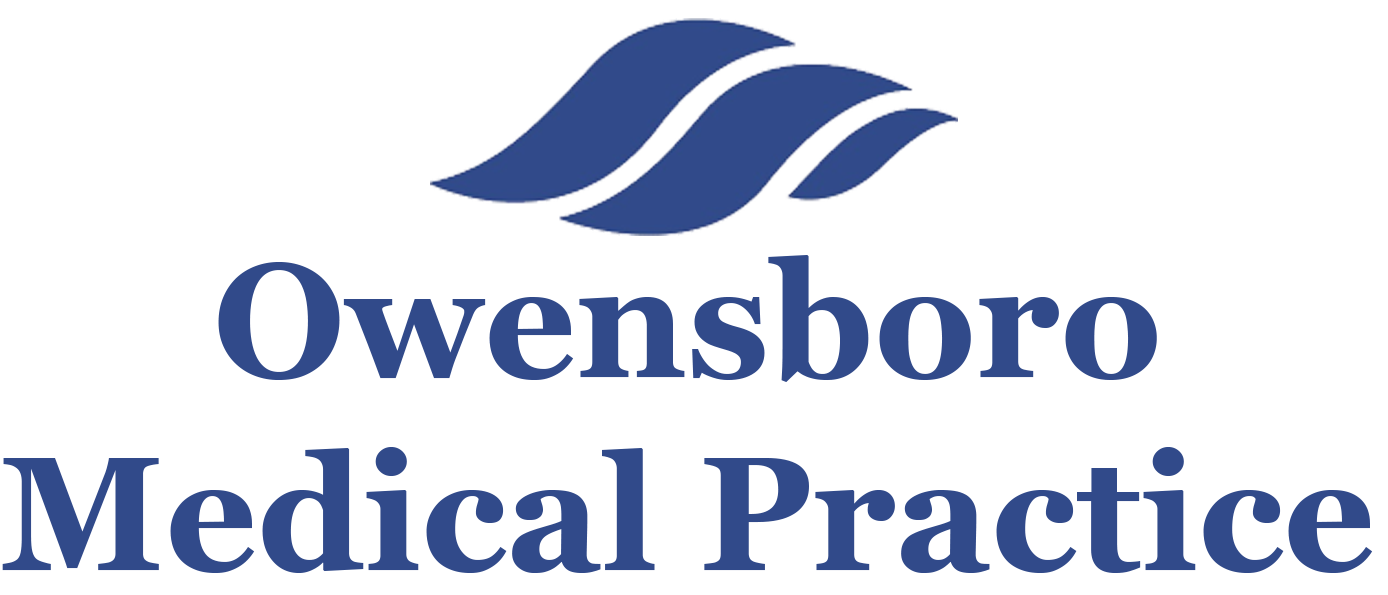Polysomnogram (Sleep Study)
What is a Polysomnogram (Sleep Study)?
- This involves staying overnight in a comfortable and private room at the Sleep Center while multiple sensors continuously monitor your brain waves, eye movement, air exchange, heartbeat, breathing effort, muscle activity, and oxygen levels. The information obtained from the sleep study may help lead to an appropriate diagnosis and treatment. If you have breathing problems during sleep, Continuous Positive Airway Pressure (CPAP) may be used. CPAP is a device that can help you breathe and improve your sleep.
Will the test hurt?
- No. This is a painless and non-invasive (no needles) test.
After Your Sleep Study:
The study is “scored” by a registered polysomnography technician to identify the stages of sleep, breathing abnormalities and abnormal limb movements. The entire record is then reviewed in detail by Dr. Pope, our board-certified sleep specialist. These test results will usually be discussed with you during a follow-up visit with Dr. Pope. A copy of the report is also sent to your other physicians.
What is Sleep Apnea?
- Sleep apnea occurs only while you are asleep. The most common type is obstructive sleep apnea where the tissue in the back of the throat or airway collapses and becomes blocked during sleep. This closing or obstruction of the airway prevents the flow of air into the lungs. To compensate for insufficient airflow, the individual will make increased efforts to breathe and eventually wake up – either partially or completely – to open the airway and take a breath.
- Individuals with obstructive sleep apnea may stop breathing dozens or hundreds of times per night, which severely interrupts their sleep. Poor sleep at night can show up as symptoms such as: daytime sleepiness & fatigue, difficulty functioning, less alert, and more prone to accidents. Obstructive sleep apnea also can lead to health complications, such as high blood pressure, heart damage and stroke.
What is a CPAP titration and why would my doctor order this test?
- CPAP stands for continuous positive airway pressure. CPAP therapy is a non-invasive, non-surgical way to treat obstructive sleep apnea. The CPAP titration is much like the sleep study but includes the initiation of treatment with the CPAP machine.
- When a patient comes into the Sleep Center to be titrated on CPAP, he or she is fitted with a comfortable mask that is connected to a CPAP unit, which delivers air flow through the mask into the airway to keep the airway open during sleep. While you sleep, the pressure is adjusted (titrated) to the best pressure to keep your airway open. The CPAP allows the patient to achieve restful and deeper sleep during the night. Patients with sleep apnea should not only get a better night’s sleep when using the CPAP machine, but also prevent long-term damage to their heart and body that could be caused from lack of oxygen and poor sleep associated with obstructive sleep apnea.
What is a Bi-Level or BIPAP titration and why would my doctor order this test?
- There are times when a patient is unable to tolerate CPAP with the continuous pressure as they breathe in and out therefore BI-Level or BIPAP is used as comfort measures. The Bi-Level machine has two pressure settings allowing the inspiratory pressure (breathing in) to be set higher and the expiratory pressure (breathing out) to be set lower. This makes it easier to breathe against the pressures more naturally. CPAP is still the most effective way to treat Obstructive Sleep Apnea.
- BiPAP can be used for different reasons such as: A patient with poor tolerance to CPAP, Central Apnea and Complex Apnea. These conditions can be diagnosed by a sleep specialist. If your sleep specialist recommends a BIPAP titration there are several unique features that can be used with this type of machine to help control central and complex apneas.
